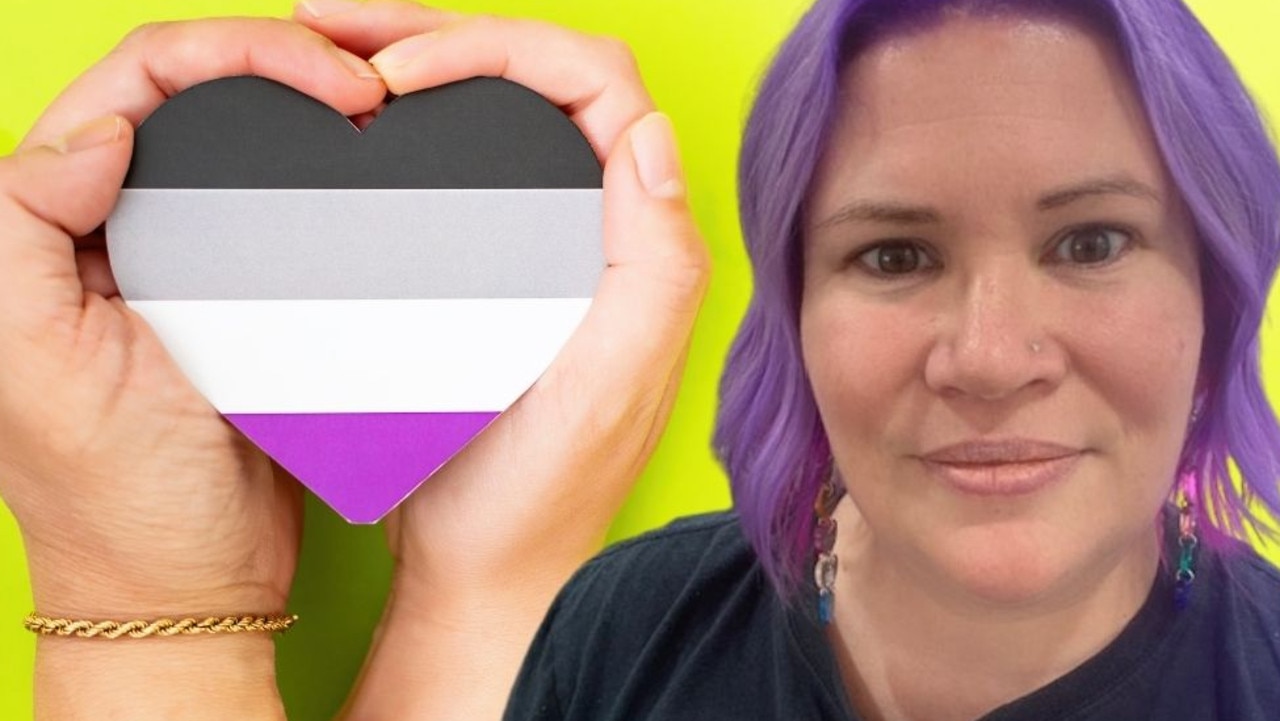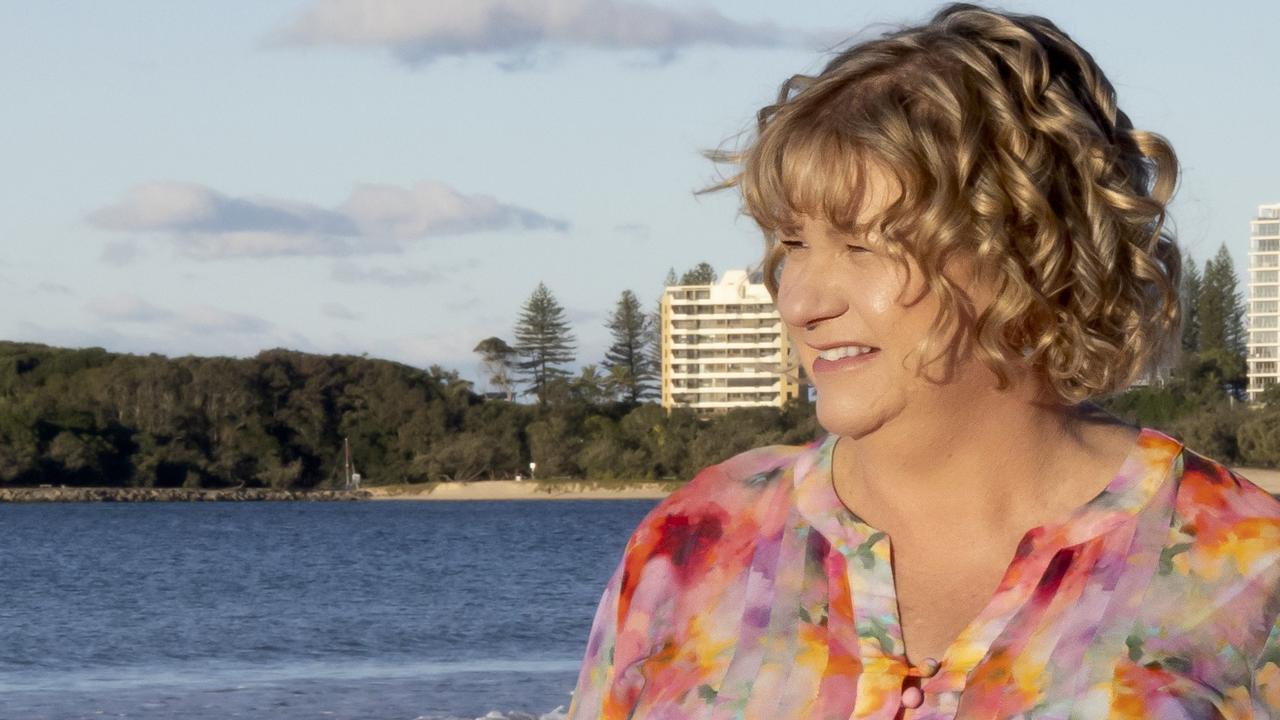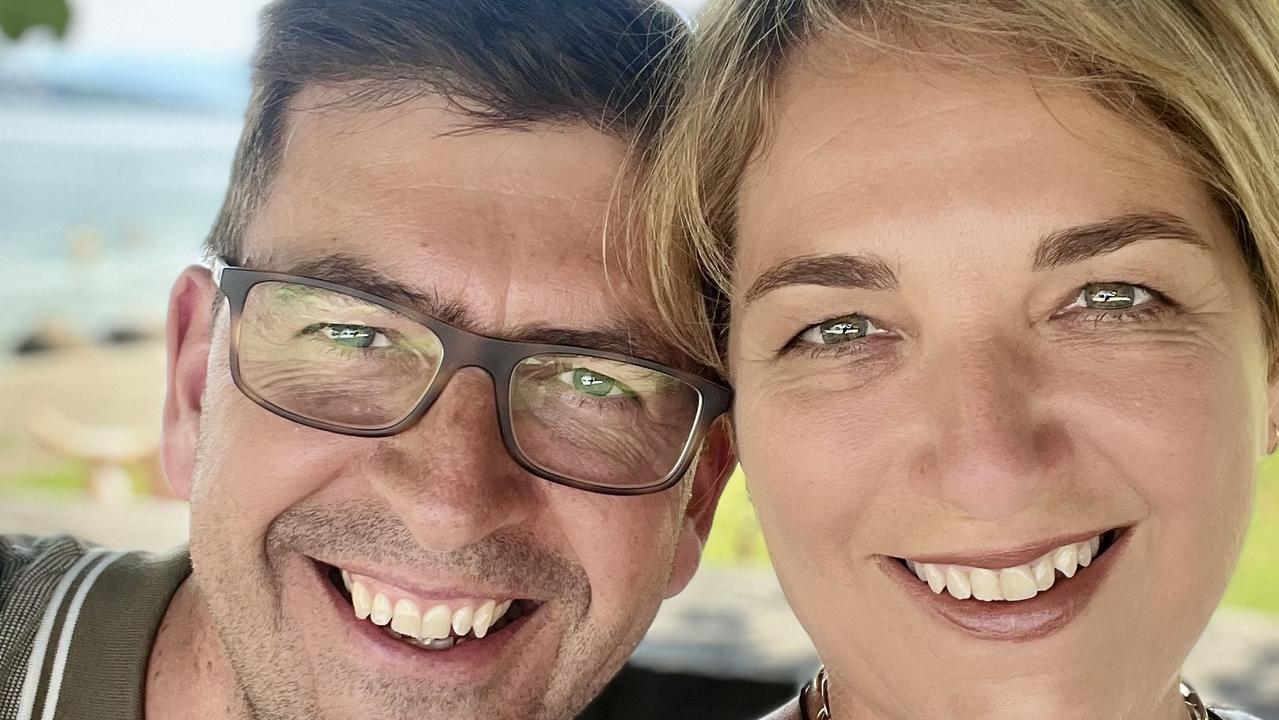New HIV self-testing kits being rolled out in Australia in vending machines at unis, nightclubs
More Aussies are getting access to a lifesaving test through a national rollout of vending machines. See how it works and where you can find them.
Sexual Health
Don't miss out on the headlines from Sexual Health. Followed categories will be added to My News.
EXCLUSIVE
More Australians are getting access to free, lifesaving HIV self-testing kits through a national rollout of vending machines across the country in universities and nightclubs.
In a groundbreaking move to help break down barriers to testing and address the issue of social stigma, Sydney-based Atomo Diagnostics is now supplying thousands of self-test kits to sexual health programs across the nation.
The concept of the HIV test is similar to that of a Covid-19 rapid antigen test — but this test works with a finger prick test to get a blood sample.

The national rollout program continues to expand, with more vending machines to be installed in Australian universities, in NSW, South Australia and Victoria.
Vending machines have also been rolled out in Queensland, with a particular focus on those living in remote communities.
In universities, the Federal Government-funded tests are free for all users, John Kelly, CEO of Atomo Diagnostics said.

“The reason for that is that the government has recognised that cost, particularly for young people, could be a barrier to use and they want to make sure that there’s more testing and cost isn’t a kind of barrier to uptake of testing,” he said.
“So it is subsidised and free to the user and funded through the government.”
At the end of 2023, it was estimated that there were 30,010 people with HIV in Australia, according to Health Equity Matters.
Mr Kelly said one of the benefits of the tests is that they are “quick, pretty simple, easy to do and can be done at home, you can do it pretty much anywhere immediately”.
He said the feedback from venues where the tests are available was positive, with the vending machines program proving popular with young people, particularly overseas-born migrants in Australia on student visas.

“(Many) young people don’t have a GP. It’s a much more transactional service now with healthcare,” he said.
“And I think for a lot of people, they don’t have that doctor to go see or that clinic that they can call. So I think having a discreet, easy to use test in the university that they can access for free has been a game changer.”

In NSW, the Ministry of Health’s “My Test” vending machines, branded in distinctive purple, are placed in night-life venues, sexual health clinics, community centres, universities and even a public library.
In Victoria and South Australia, the “CONNECT” program, co-ordinated by Dr Nikki Sullivan, is preparing for its national rollout, expanding from successful trials in South Australia and Victoria to all states and territories.
Vending machines will be installed at the University of Melbourne next month, when students return from their semester holidays.
It comes after researchers at Melbourne’s Peter Doherty Institute for Infection and Immunity made a huge step towards an HIV cure by devising a method to deliver an mRNA-based therapy direct to cells, killing the virus as it circulates in the body.
Renowned HIV researcher Sharon Lewin, director of the Doherty Institute, said earlier this month that the breakthrough was made when the team was working on a therapy for Covid-19.
Meanwhile, Atomo Diagnostics has also called for the Federal Government to run a trial program in Australia, similar to ones currently being held in Spain and US, for at-home testing to be used for pre-exposure prophylaxis or PrEP.

PrEP involves HIV negative people taking antiretroviral medication to protect them and prevent HIV infection.
Mr Kelly said the rates of HIV transmission had been falling but challenges remained as people on PrEP had to test negative every 12 weeks, meaning the health system was getting clogged up with thousands of appointments for routine testing.
“In Barcelona, they have adopted an alternative approach where twice a year you can do a self-test at home and show your negative status to stay on PrEP and you then come into the clinic two times a year instead of four times a year,” he said.
Mr Kelly said the trial program showed major benefits.
“We think it’s the way forward for PrEP testing, to make it more flexible, reduce the burden on clinics and get people the opportunity to do occasional tests at home so they don’t have to take a half day off to go into a clinic and queue for three hours to get a test that they could easily do at home.”
More Coverage
Originally published as New HIV self-testing kits being rolled out in Australia in vending machines at unis, nightclubs









